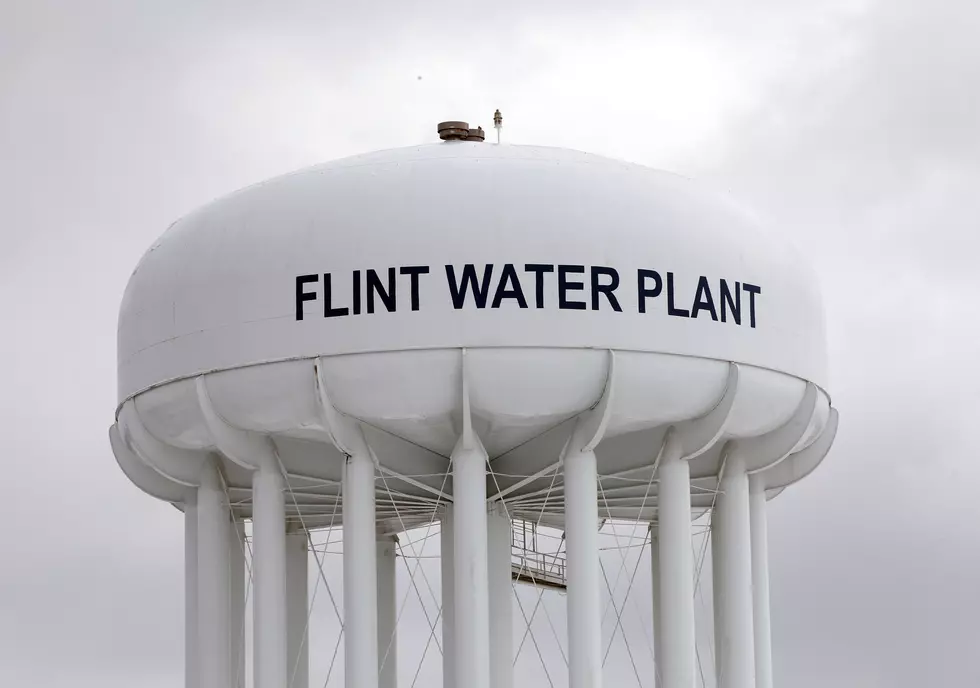![Former Flint Mayor Karen Weaver Rails Against Exorbitant Attorneys’ Fees in Flint Water Settlement [VIDEO]](https://townsquare.media/site/87/files/2021/03/Dr.-Karen-Weaver.jpg?w=980&q=75)
Former Flint Mayor Karen Weaver Rails Against Exorbitant Attorneys’ Fees in Flint Water Settlement [VIDEO]

The former mayor of Flint is speaking out against lawyers who are about to get a big payday in the Flint Water Crisis settlement. Dr. Karen Weaver says the amount the attorneys are seeking -- nearly $203 million -- is too high.
In a video interview with the Flint Courier News, Weaver says the proposed $641.25 million settlement is too low to begin with and takes issue with lawyers taking more than 30 percent off the top before any money is distributed to Flint residents.
"This settlement is not enough. It's not enough to be split between 80,000 to 100,000 people," Weaver says. "Typically in a settlement of this size, if you get between 17 and 20 percent, that would be a good size, that would be a good amount for the attorneys to make."
Weaver goes on to say that the attorneys who negotiated the deal would be getting more than any individual affected by tainted water in Flint.
"You think about that, they're getting more than the victims," she said. "The attorneys get more than every single victim including the ones who have lost loved ones to legionnaires [disease].
The Detroit Free Press says it will be up to US District Judge Judith Levy to decide how much of the proposed $202.8 million in fees is reasonable.
The paper goes on to say that typically with large, high-dollar class action settlements, attorneys' fees are reduced proportionally.
Weaver notes that Flint residents have three options regarding the proposed settlement, but have to act before March 29.
- Residents can opt-in and accept the proposed agreement.
- There is also an option to opt-in with objections, such as taking issues with the proposed attorneys' fees or not understanding the structure of the payouts.
- The third option laid out by Weaver is to opt-out of the settlement, which frees residents to seek legal representation on their own.
The entire 15-minute interview can be seen in the video player below.
UP NEXT: 9 Great Selfie Spots In Downtown Flint
READ ON: See the States Where People Live the Longest
More From US 103.1 FM




![Flint Water Film Narrated by Alec Baldwin to Open Days After Deadly Movie Set Shooting [VIDEO]](http://townsquare.media/site/87/files/2020/02/GettyImages-1182526671.jpg?w=980&q=75)



![Settlement Agreement: Michigan Reaches $600 Million Deal in Flint Water Crisis [VIDEO]](http://townsquare.media/site/87/files/2020/08/Flint-Water-Plant.jpg?w=980&q=75)
